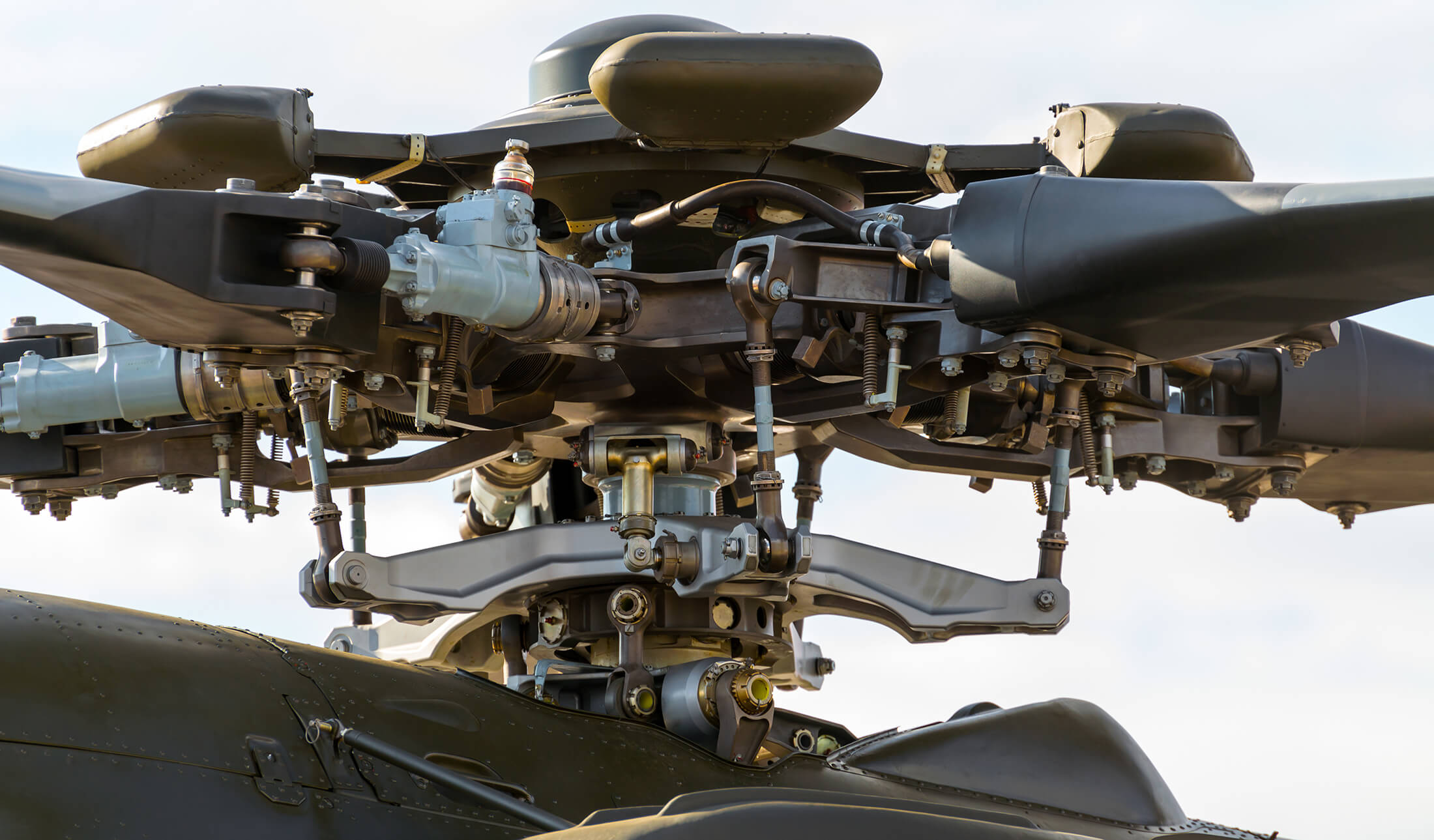In the mid-2000s, BGI saw an opportunity to branch out from our traditional role of support for major system integrators by pursuing technical contracts of our own. This strategic decision led to the expansion of BGI’s team to include talented systems architects, systems and software engineers, and data scientists. Over the years we have continuously performed on numerous research and development, software development and data analytics projects supported by a dedicated BGI-owned facility in Akron, OH. Our seasoned technical staff and mature cyber security infrastructure supports advanced programs that include data analytics, human performance assessment, digital engineering, modeling, simulation, autonomy, and software engineering. We specialize in maximizing the benefits of data for discovery, and we transition algorithms into enterprise systems in a DevSecOps environment. BGI software engineering emphasizes a wide spectrum of programming languages and host platforms, flexible data structures and scalable solutions that integrate well with other components within enterprise frameworks.
BGI is currently supporting Advanced Programs such as:
- Joint Simulation Environment (JSE)
- Next Generation Threat System (NGTS)
- Analysis and Reporting Tool (NGTS ART)
- Skyborg / Digital Test Environment
- F-35 Test and Evaluation
- Shipboard Panoramic Electro-Optic/Infrared (SPEIR)
- Naval Aviation Distributed Training Center (NADTC)
- Aircrew data analysis and performance assessment R&D
BGI is currently executing on Advanced Programs with partners such as:
- HII
- AMEWAS
- J. F. Taylor
- LinQuest
- Lockheed Martin
- Aptima
- Shield AI
- Leidos
- DCS
BGI currently has the following prime contracts in support of Advanced Programs:
- Small Business Innovative Research (SBIR) contracts
- GSA Multiple Award Schedule (pending)
- Seaport Next
- Air Force Life Cycle Management Center (AFLCMC) – Architecture and Integration (XA)
BGI supports Advanced Programs under the following NAICS codes:
| NAICS Code | Size | Standard | Description |
| 541511 | Other than Small | $34.0M | Custom Computer Programming Services |
| 541512 | Other than Small | $34.0M | Computer Systems Design Services |
| 541519 | Other than Small | $34.0M | Other Computer Related Services |
| 541715 | Small | 1000 Employees | R&D in the Physical, Engineering, and Life Sciences |
| 541720 | Other than Small | $28.0M | R&D in the Social Sciences and Humanities |
| 541990 | Other than Small | $19.5M | All other Professional, Scientific and Technical Services |

